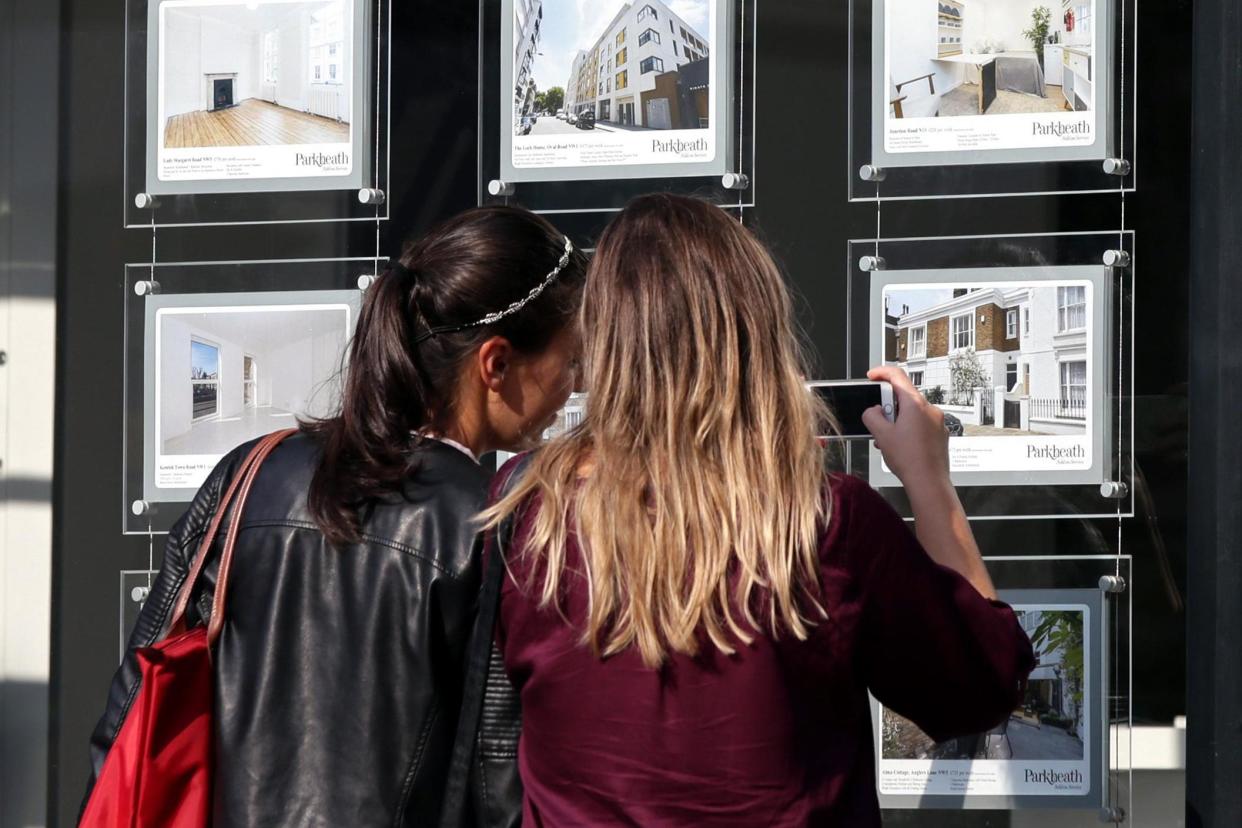Brexit fallout brings average house price down by £3,500

The fallout from Brexit has hit the property market in London where house prices are now dropping by thousands of pounds a year, an analysis from the Office for National Statistics said today.
The average value of a home in the capital fell 0.7 per cent in the year to March at £471,944, down around £3,500, according to latest figures from the ONS.
They were published the day after Bank of England governor Mark Carney told MPs that households have lost out on average by £900 since the Brexit vote in June 2016.
It was the second consecutive month of declines and the biggest annual fall since September 2009, when the economy was in a slump following the financial crisis.
The ONS today said the weakness of the London property market was partly the result of the Brexit vote.
In a blog on its website it said this “may have deterred foreign buyers, not only from the EU but also further afield. For Europeans, there has been a fall in demand as net migration from these countries has fallen”.
It stressed foreign buyers often saw property in London as an investment. The ONS added: “With the subsequent uncertainty regarding Britain’s political and economic environment, perceptions of the future value of London property have been adversely affected. This is what you might call a fall in ‘speculative demand’.”
Today’s figures show prices are now in reverse in almost half of London’s local authority areas. The biggest annual fall was in the City of London where the average price dropped 13.1 per cent to £742,490. There were other big slides in Westminster (4.6 per cent), Tower Hamlets (4 per cent), Hounslow (3.5 per cent) and Richmond (3 per cent).
The Government was seeking a political agreement by October on the UK/EU trade arrangements after Brexit, she added. But after questioning by Labour MP Pat McFadden, she admitted that the legal details of the future trade deal would not be agreed by then, saying: “It will be a political declaration... the start of a future framework.”
Brexit Minister Robin Walker admitted the “max fac” plan meant to deliver a frictionless border using new technology may not be fully ready by December 2020. He ducked questions on how long the “backstop” option of staying in some customs union rules could stay in place. Asked if a transition period would be extended, Mr Walker said it would come to a “clear end” in December 2020.
Ms Braverman suggested Britain could reopen negotiations in a year or so if MPs felt the EU had not given a fair deal on future trade. Former Treasury Minister Stephen Timms scoffed: “The EU would say no!” Ms Braverman confirmed the legal text of the deal contained no clauses linking payment to a deal being struck on future relations. But Mr Walker said Parliament could take into account the “framework of the future relationship” when it votes in October, referring to a non-binding political declaration.

 Yahoo News
Yahoo News 
